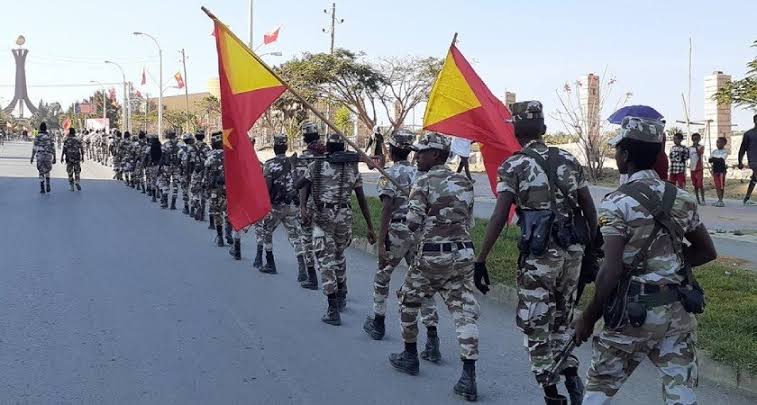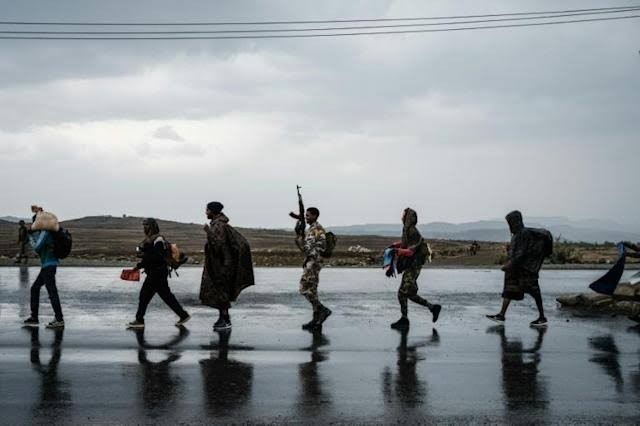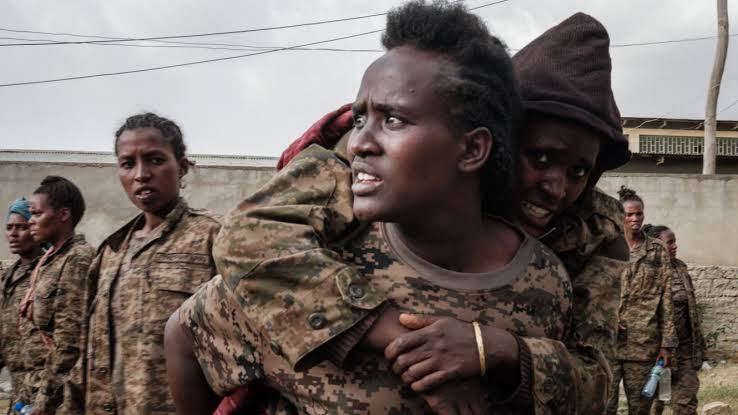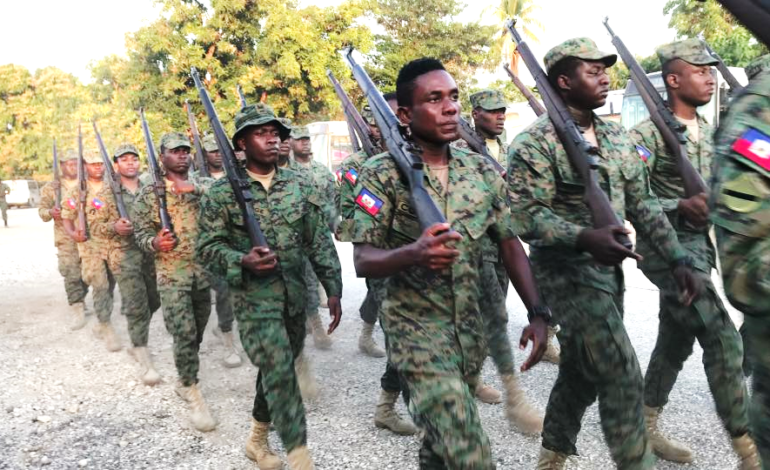
Faith Nyasuguta
The Tigray rebels in Ethiopia who had in previous months advanced into the neighboring regions of Amhara and Afar, are withdrawing to their region to “open the door” for humanitarian aid, a spokesperson told AFP on Monday.
“We have decided to withdraw from these areas to Tigray. We want to open the door to humanitarian aid,” Getachew Reda, the spokesman for the Tigray People’s Liberation Front (TPLF) said.
The development has opened a new phase in the deadly conflict that has pitted pro-government forces against Tigrayan rebels and their allies for over a year.
Until now the rebels have described a withdrawal from these two regions, called upon by the state as a prerequisite for negotiations, as “absolutely not feasible.”
“We are conducting phase-by-phase withdrawals. We started withdrawing our forces a few weeks ago. We are now announcing it,” Getachew said on Monday, revealing that the rebels have “left” Lalibela.
Lalibela, which was named by the UNESCO as a World Heritage Site, has changed hands several times, just like other localities.

Starting late October 2021, both the federal troops and the rebels have claimed major territorial advances, but communications are cut off in the combat zones and access for journalists is restricted, making independent verification of positions on the ground difficult.
The conflict commenced in November 2020 after Prime Minister Abiy Ahmed sent the federal army into the northern region of Tigray to topple local TPLF authorities who were challenging his authority and whom he accused of attacking military bases.
Three weeks later, Abiy Ahmed declared victory after taking the regional capital Mekele. However in June, the TPLF retook most of Tigray and then advanced into the neighboring regions of Afar and Amhara.
Until now, several thousands of people have died in the conflict, more than two million displaced and hundreds of thousands of Ethiopians living in near-starvation conditions, according to the UN.

Last Friday, the world body gave the green light to an international mechanism to probe the abuses committed in Ethiopia.
The intense diplomatic efforts led by the African Union in particular to try to reach a cease-fire have so far borne no fruit.





Recent Comments